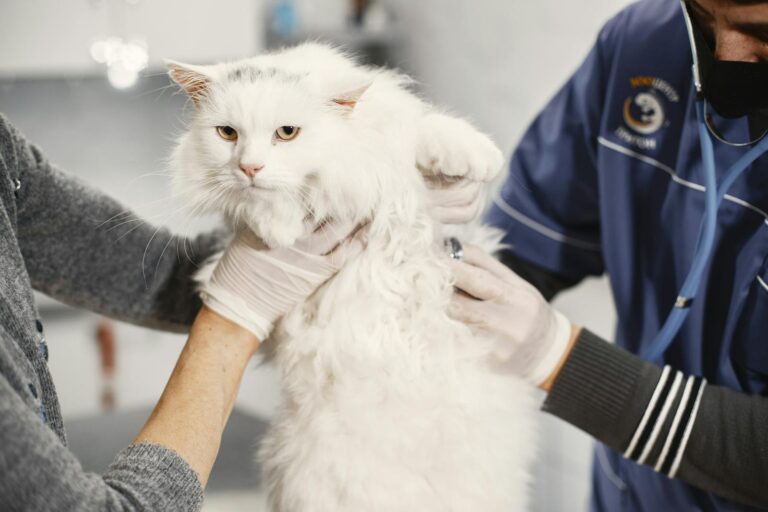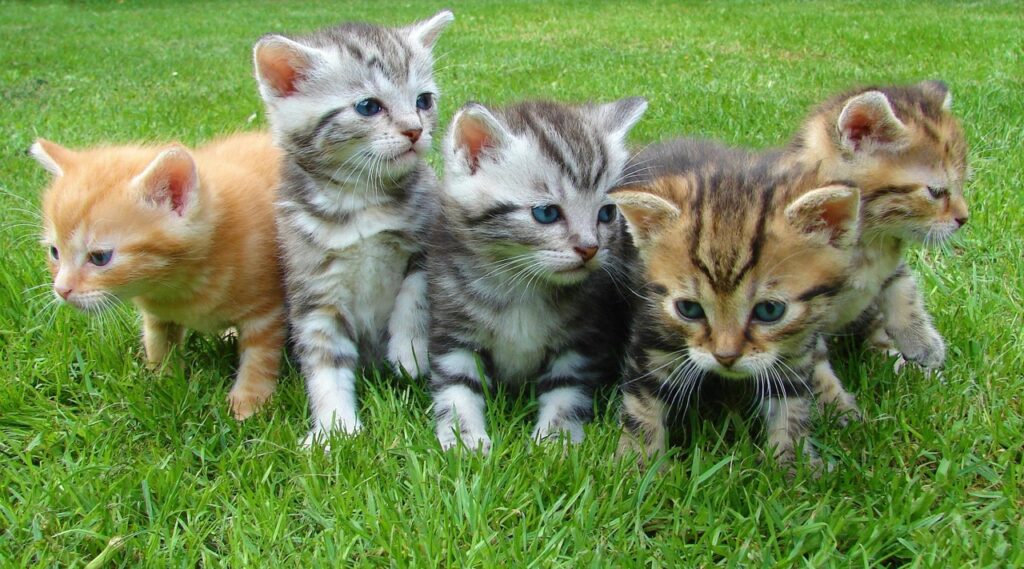Keeping your feline friend healthy is a top priority for any cat owner. One of the most effective ways to ensure this is through proper immunization. Vaccines protect cats from various diseases and infections. In this article, we’ll explore the essential vaccines every cat should receive.
Core Vaccines
Core vaccines are considered vital for all cats, regardless of their lifestyle. These include:
1. Feline Panleukopenia (FPV):
Also known as feline distemper, this highly contagious viral disease can be fatal. Cats typically receive this vaccine in a series of shots starting at 6-8 weeks of age.
2. Feline Herpesvirus-1 (FHV-1):
This virus causes upper respiratory infections and can lead to chronic eye problems. The FPV vaccine often includes protection against FHV-1.
3. Feline Calicivirus (FCV):
Another cause of respiratory infections, FCV is usually included in the same vaccine as FHV-1 and FPV.
4. Rabies:
Although rare in cats, rabies is fatal and can be transmitted to humans. Many areas require rabies vaccination by law.

Non-Core Vaccines
Besides core vaccines, there are other immunizations that may be recommended based on your cat’s lifestyle and risk factors. These include:
1. Feline Leukemia Virus (FeLV):
This vaccine is often suggested for outdoor cats or those living in multi-cat households.
2. Bordetella:
Primarily recommended for cats in shelters or boarding facilities where respiratory infections are common.
3. Chlamydophila felis:
This vaccine may be advised for cats at high risk of exposure to this bacterial infection.
Did you know…
In ancient Egypt, cats were worshipped as gods, and their health was taken very seriously. In fact, when a family cat died, the entire household would often shave their eyebrows as a sign of mourning!
Vaccine Schedule
Your veterinarian will create a personalized vaccine schedule for your cat. Typically, kittens start receiving vaccinations at 6-8 weeks old. Adult cats may need boosters every 1-3 years, depending on the vaccine and their risk factors.
The Importance of Preventive Care
While vaccines are crucial, they are just one part of a comprehensive preventive care plan. Regular check-ups, proper nutrition, and maintaining a healthy environment are equally important. Your vet can provide guidance on all aspects of your cat’s health.
Remember, vaccinations are a key component of responsible pet ownership. By keeping your feline friend up-to-date on their immunizations, you’re not only protecting their health but also contributing to the overall well-being of the cat population.


